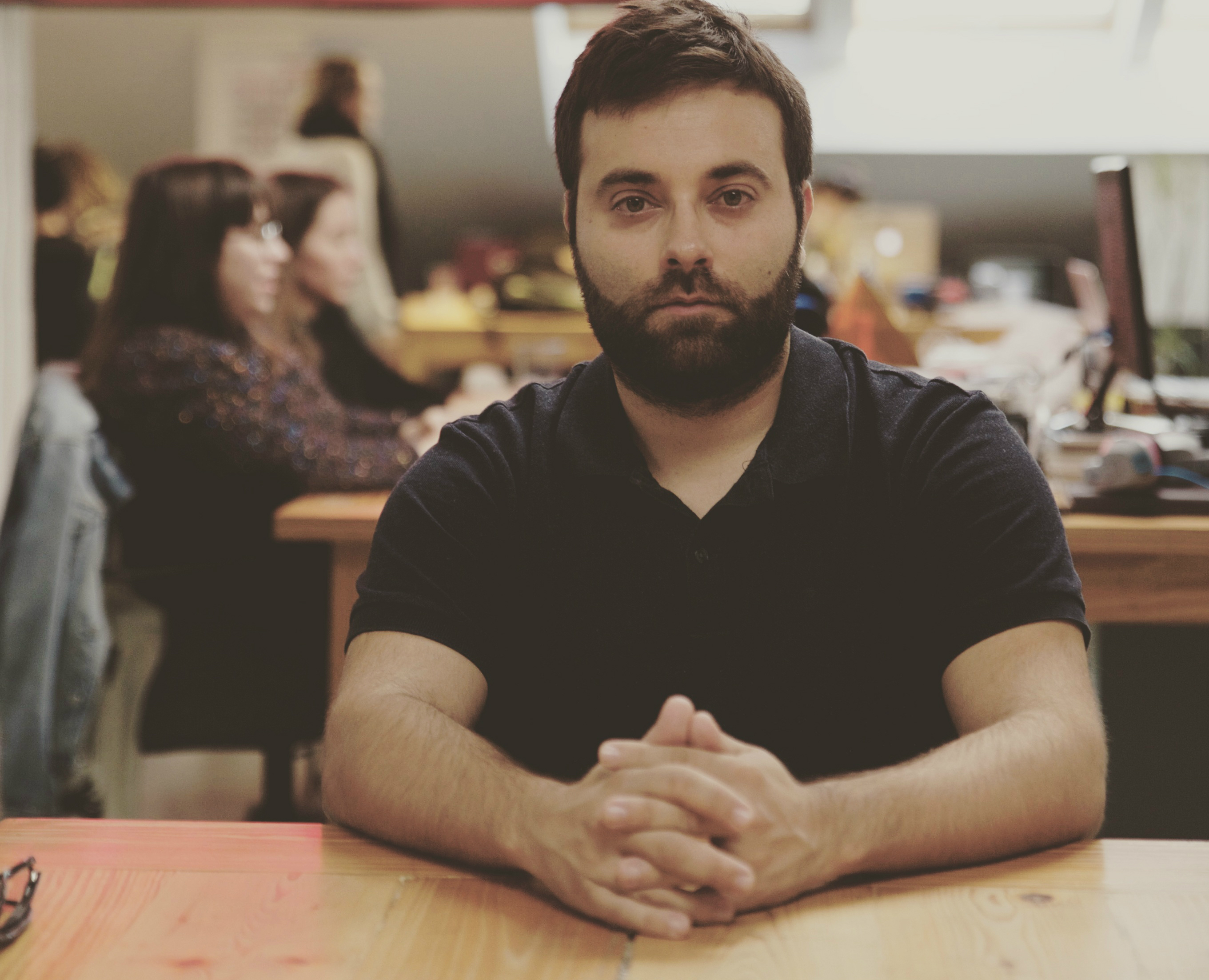War Journalism in the Middle East: The challenge of reporting between war propaganda and the Fake News
War Journalism in the Middle East: The challenge of reporting between war propaganda and the Fake News
War Journalism in the Middle East: The challenge of reporting between war propaganda and the Fake News
In armed and social conflicts, one of the first victims is always the truth. Often, the battle for history makes the actors involved try to obstruct the work of information professionals and certain media exaggerate their functions, assume a geopolitical role in the construction of a concrete reality and influence public opinion.
The Arab revolts, the war in Syria, the situation in Venezuela or the apparent Russian interference, are just some examples of recent episodes in which journalists must work in a context in which advertising, manipulation, intoxication or misinformation they try to penetrate the discourse of the media.
It is the media coverage of these events that David Meseguer Mañá, associate professor of the Communication Department in the Universitat Pompeu Fabra and member of the POLCOM Research Group, has been investigating since started his Ph.D. in 2011. His thesis entitled "Analysis of media coverage of the Tunisian revolution. Frames, agendas and discourses of the international press during the people’s uprising that changed the Arab world", it is involve in this discussion and allows to know the factors that influenced the processes of information production of this event of social and historical importance.
In addition, in the last decade, David Meseguer has covered conflicts in the Middle East and North Africa, has reported on the wars of Syria, Libya and Iraq and has placed special emphasis on explaining the Kurdish conflict. Newly, he published Respirando fuego. En las entrañas de la lucha kurda por la supervivencia, together with the journalist Karles Zurutuza (Editions Peninsula), a book of journalistic chronicle that collects the work they have both done as correspondents in Kurdistan.
On the one hand, Respirando Fuegoreveals how one of the oldest peoples in the Middle East thinks and lives, giving voice to the Kurds, those explain how they survive this conflict for respect for human rights and freedom. On the other hand, shows the remarkable role of women in Kurdish society. This book exposes how an army of women is an active part of this struggle, performing the same functions as men, both in the political and military systems.
This book is divided into four parts, each situated in one of the territories where the Kurdish conflict is located: Turkey, Iran, Iraq and Syria. These divisions aims to emphasize the cultural, linguistic, ideological and political characteristics of each group. The book highlights the experiences of the Kurds in Syria, for the important role those have played in this war and in the fight against the Islamic State.
Recently, the POLCOM researcher together with a team of journalists and the Fundació Surt, obtained a funding from the European Union to investigate the working conditions of Moroccan workers, particularly, the women who cover temporary jobs in the strawberry harvest; both in Morocco and in Andalucía, where the production of this fruit is important, but the working conditions are not adequate. The authors will carry out this research project for one year and the first results will be presented in the spring of 2020.
To know more information about the book: “Respirando fuego. En las entrañas de la lucha kurda por la supervivencia”, you can go to the following link.
To know all the details and the results of the thesis:"Analysis of media coverage of the Tunisian revolution. Frames, agendas and discourses of the international press during the people’s uprising that changed the Arab world", you can go to the following link.

David Meseguer, professor and researcher in the Communication Department of the UPF.
